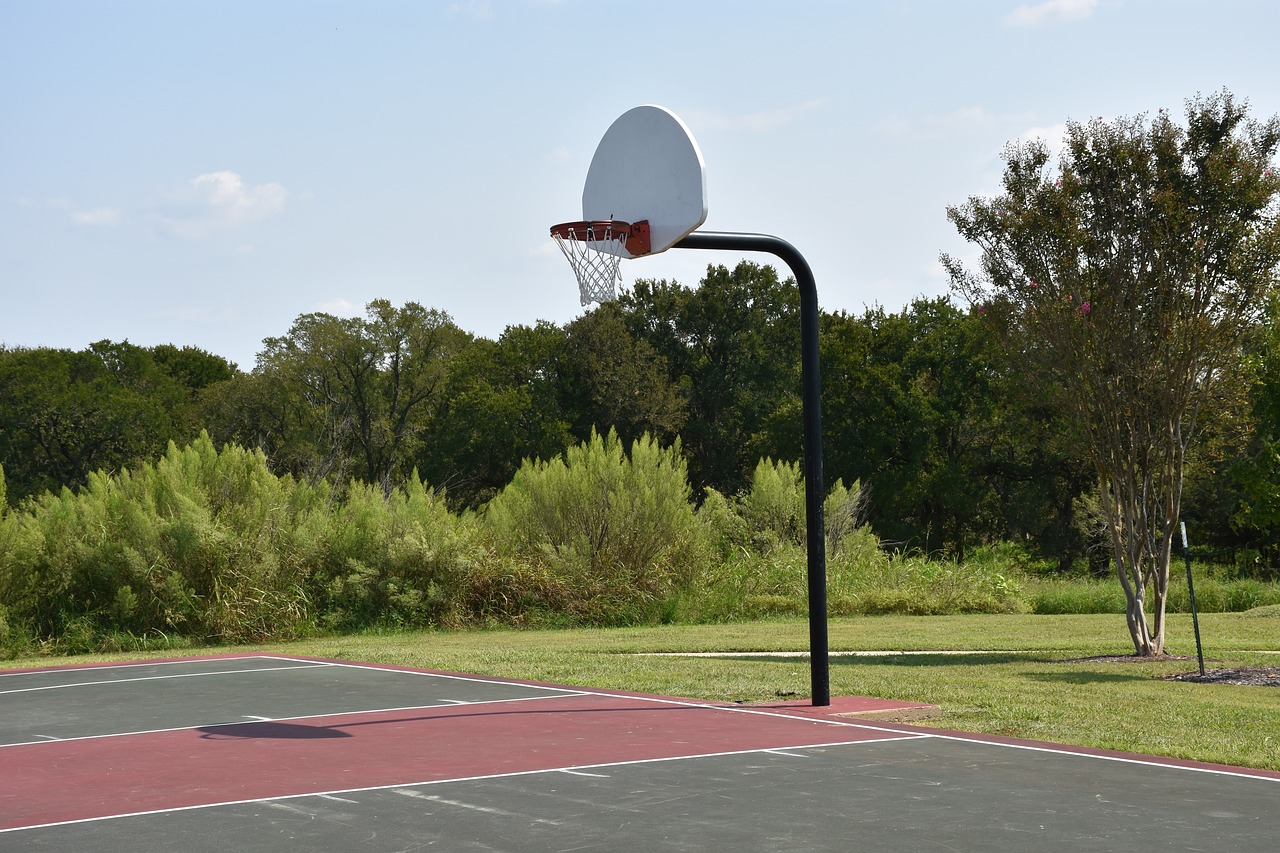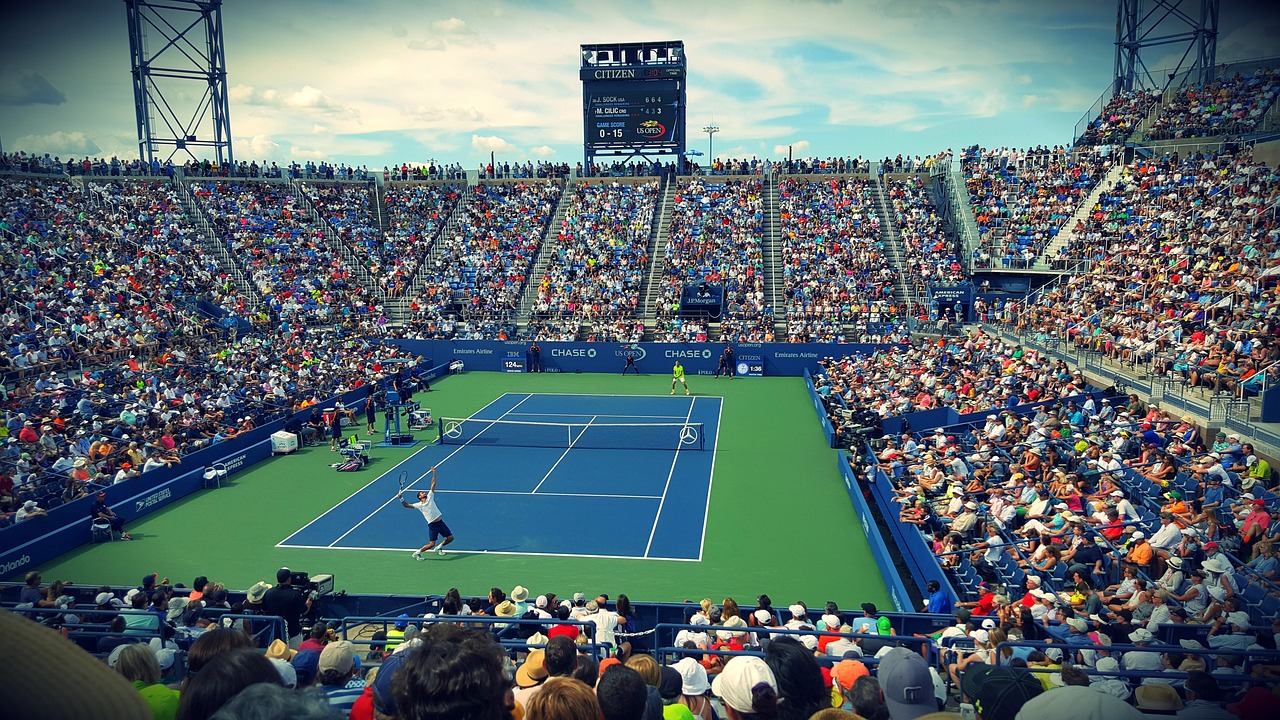
The space intended for the practice of a sport is called a court.
Cancha is a concept that has Quechua origins. It is possible, according to linguistic experts, to distinguish between two etymological roots of the word: kamcha and kancha . In the first case, it refers to the already roasted beans and corn that the inhabitants of the South American region usually eat.
On the other hand, the word court inspired by kancha (translated as “enclosure” ) has a broader range of meanings. The word is used to refer to the space reserved for the practice of different sports or for the organization of shows. For example: “In a while I'm going to the field to watch the Boca game,” “There are a lot of people on the River field because tonight there will be a rock festival.”
Violence on soccer fields
In the sports field, especially in football , acts of violence that occur among the public are quite frequent. In this context, the term hooligan appears, which derives from the surname of a man who made history for his absolutely despicable behavior and is used as a synonym for vandal or brava. Edward Hooligan was of English origin and lived in the second half of the 19th century in London . He was a disheveled, disrespectful, irresponsible person and often participated in street fights.
His lazy and provocative attitude led him to start confrontations with anyone who did not agree with him or his way of acting, which consisted mainly of absolute leisure and excessive alcohol consumption. It wasn't long before others imitated his tendencies, threatening public order and frightening people with his aggressiveness and appearance, on and off the soccer fields.
This movement quickly spread to other European countries, such as Germany , Italy and Holland , although it also crossed the ocean to reach Argentina . In the 1966 World Cup , many matches took place on real battlefields.

To host professional sports competitions, the fields usually have infrastructure for the public.
tragic events
Some of these bars even had names, although from the point of view of those who have suffered them, the word hooligans is enough to encompass them. During these unfounded confrontations , the level of aggressiveness has become very high, even causing deaths. In 1985 , during a match between the Liverpool and Juventus teams, the number of fatalities was 39 people. As a result of this unfortunate event, the UEFA authorities expelled England from the European Championship until '91 .
However, the riots did not end there. In '97 , Hillsborough Stadium was the scene of 95 deaths and more than 200 injuries during the English Cup final. Despite security measures, which have ranged from arrests to England being denied hosting the World Cup in 2006 , violence on soccer fields appears to be an integral part of matches, which increasingly symbolize an event. sports.
Other uses of the term court
The terrain , surface or flat site is also known as a court, and a corral of adequate proportions to deposit objects. Court is also, in some countries , synonymous with racecourse . The term is used in relation to betting, on the other hand, to refer to the amount of money imposed by the owner of a gambling establishment.
Another application of the idea of a court refers to the place in which the channel of a certain river becomes wider .
Finally, we can mention that court is the skill that a person acquires from experience. In this sense, it constitutes a kind of informal knowledge (not systematized) that arises from living certain situations: “My father has a lot of scope in these matters,” “After living ten years in Africa, I have scope to handle certain situations,” “ “Martín lacks room to achieve success in a similar position.”
